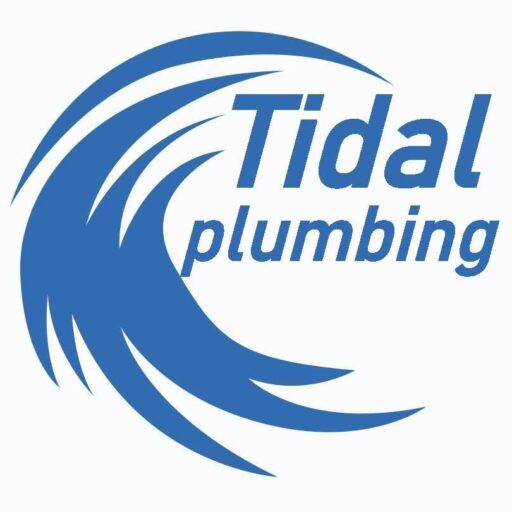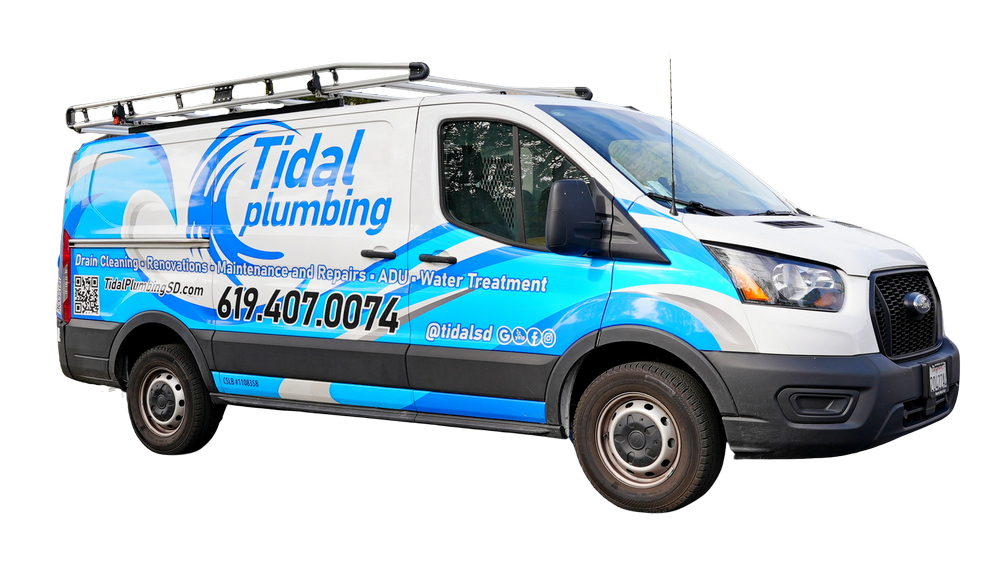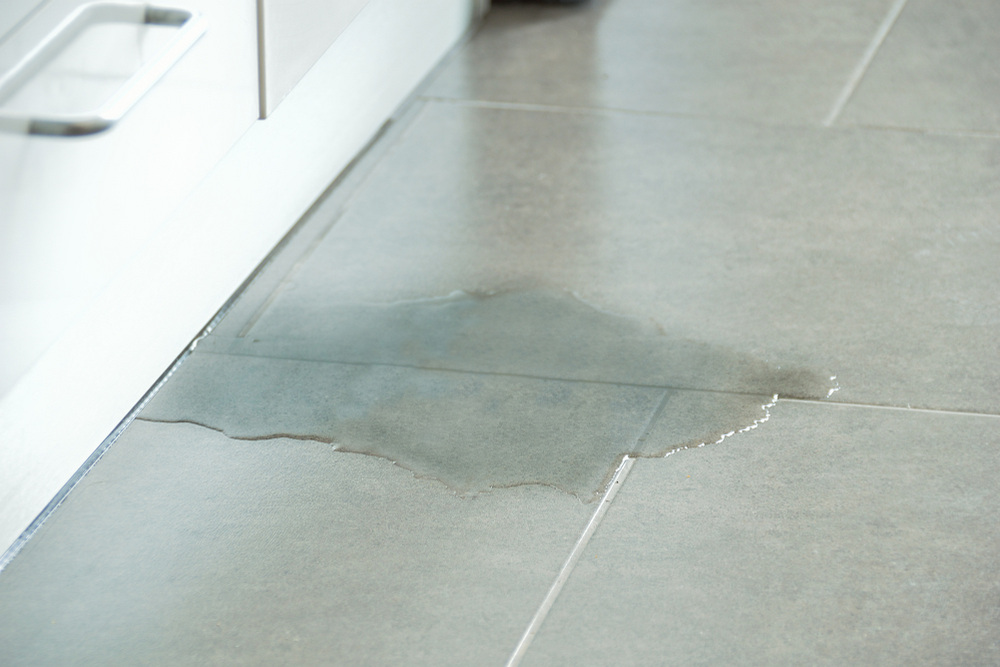
Slab leaks, often lurking unnoticed beneath your home’s foundation, can cause significant damage if not caught early. These leaks occur when water pipes beneath the concrete slab of your home crack, corrode, or develop holes, allowing water to seep into the foundation. If you suspect you may have a slab leak, it’s essential to take action promptly. Identifying these issues early can prevent expensive repairs and avoid severe damage to your home’s structure. In this blog, we’ll walk you through how to recognize the signs of hidden slab leaks and what you can do to protect your home.
What Causes Slab Leaks and Why They Are Dangerous
Slab leaks typically develop due to various factors, including poor construction, soil movement, excessive water pressure, or pipe corrosion over time. When these pipes start to leak, the water can flow beneath your home’s foundation, slowly eroding the concrete and causing significant damage. Over time, the constant moisture can lead to mold growth, weakened structural integrity, and even cause the flooring to buckle or crack. Without proper intervention, these leaks can lead to serious foundation issues and costly repairs. That’s why identifying slab leaks early is key to preventing long-term damage.
Common Signs of Slab Leaks to Watch For
Spotting a slab leak early can be tricky, as the signs may not be immediately apparent. However, there are a few key indicators to look out for. One of the most noticeable signs is a sudden spike in your water bill. If you notice that your water usage has increased without any change in your habits, it could be a sign of an undetected leak beneath your slab. Another common symptom is the presence of damp spots or warm areas on your floors. If you notice wet patches or spots that feel warm to the touch, it could be an indication that hot water is leaking beneath the slab and rising to the surface. Additionally, if you hear the sound of running water when no faucets are on, it may indicate a hidden leak in the pipes under the foundation.
How to Check for Slab Leaks on Your Own
While a professional plumber is the best option for diagnosing and repairing slab leaks, there are a few simple checks you can do on your own to help identify potential problems. Start by turning off all water in your home, including appliances such as dishwashers and washing machines, and then check your water meter. If the meter continues to run even with everything off, it’s a sign that there’s a leak somewhere in your plumbing system. You can also inspect your floors for dampness or unusual warmth, especially in areas such as bathrooms, kitchens, and hallways where pipes are typically located. If your floors or carpets feel damp, it could indicate that water is seeping up from underneath the slab.
When to Call a Professional for Help
If you suspect you have a slab leak, it’s essential to contact a licensed plumber as soon as possible. Plumbers possess the necessary tools and expertise to accurately detect slab leaks using methods such as electronic leak detection, pressure testing, and thermal imaging. These advanced techniques allow professionals to pinpoint the exact location of the leak without causing unnecessary damage to your floors or walls. Addressing slab leaks early can prevent further damage to your foundation, flooring, and structural integrity, saving you money in the long run. The earlier you identify the issue, the less likely you are to face expensive repairs that could disrupt your home.
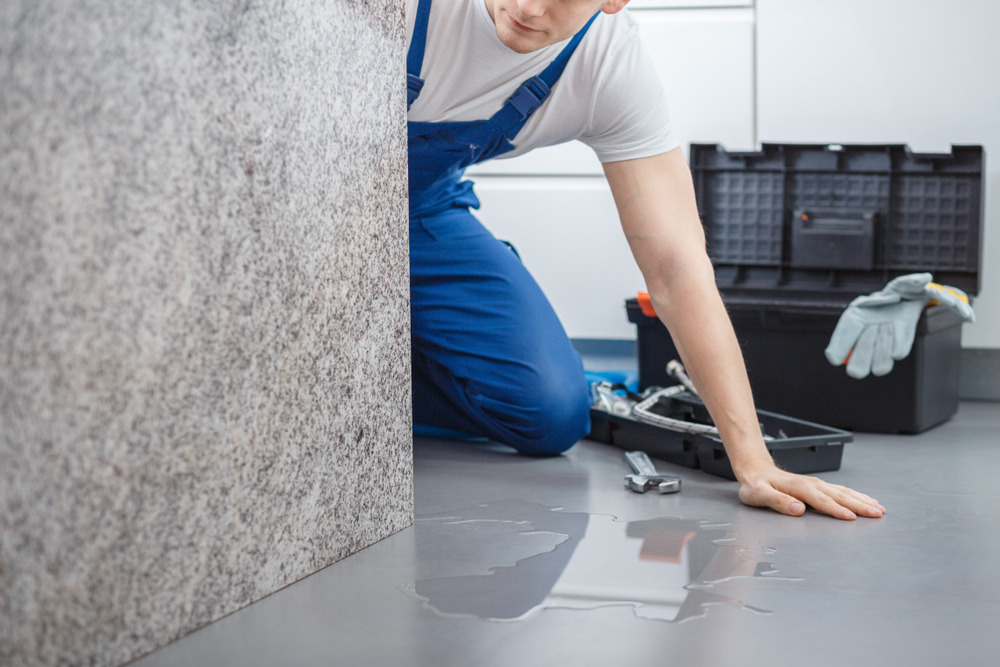
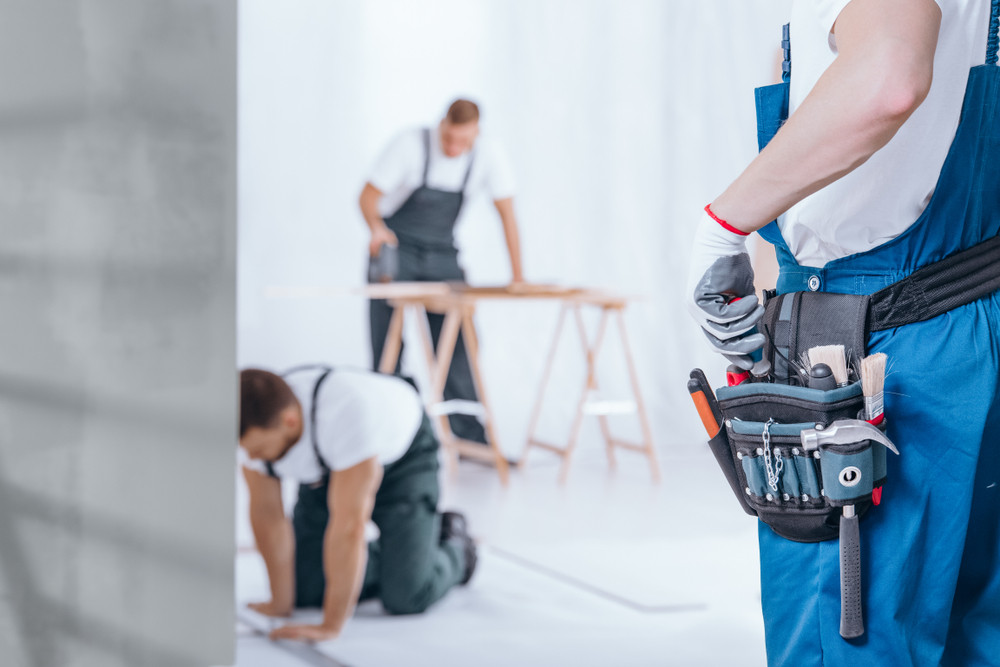
Taking Action Early to Avoid Major Repairs
Identifying and addressing slab leaks early is critical to protecting your home from extensive damage. If you notice any signs of a potential slab leak, don’t wait for the problem to worsen. Call Tidal Plumbing today at (619) 902-4130 to schedule an inspection or consultation. Our expert plumbers can assess your situation and offer practical solutions to fix the issue before it leads to costly repairs. By acting quickly, you can save your home from foundation damage, mold growth, and other serious problems caused by undetected leaks.
